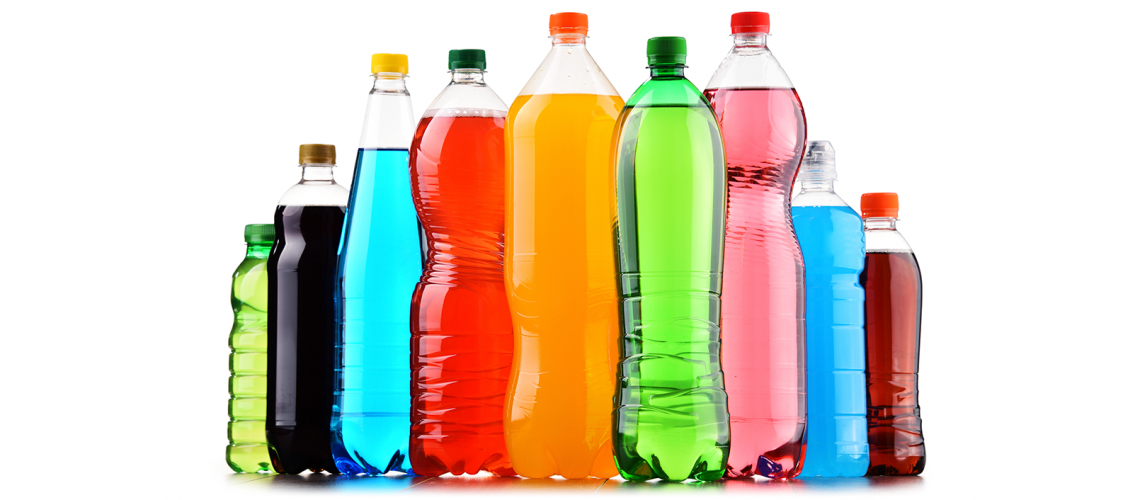Home » NOTeD: Are Artificial Sweeteners “Equal”ly as Bad as Sugar in Soft Drinks?
NOTeD: Are Artificial Sweeteners “Equal”ly as Bad as Sugar in Soft Drinks?

IN TODAY’S MEDICAL NEWS: Are Artificial Sweeteners “Equal”ly as Bad as Sugar in Soft Drinks?
Believe me, I am no “firebrand proponent” of non-nutritive/artificial sweeteners. But I am a proponent of better interpreting science (and for full disclosure, I use sucralose myself, within reason, and to notable personal benefit in spirit of the context I note below).
The discrepancies of artificial sweetener effects between observational studies, claiming everything from obesity to stroke, versus randomized controlled trials, where benefits are consistent, have not been adequately clarified in any mechanistic way satisfactory to explain the gap of proven benefits in RCTs vs potentially confounded association of harm in observational studies. There are, in my opinion, confounding factors that are not adequately nor possible to be controlled for in observational studies (see #3 below) of low-calorie sweeteners. Here are a few pieces of food for thought:
- In the largest randomized controlled trial of lifestyle intervention ever performed, the LookAHEAD trial, at one year only three factors were independently associated with better blood sugar and weight control, and one of them was higher frequency use of medical meal replacements, largely shakes which are virtually all artificially sweetened. Whatever affect the artificial sweeteners have is tame in comparison to the potential benefits of use in such controlled context. People need to understand both relative risk and the potential for confounding in light of the rather massive gap between randomized controlled trials (#2 below) and observational analyses like the Journal of the American College of Cardiology study referenced and linked to above.
- The 2016 International Journal of Obesity article: “Does low-energy sweetener consumption affect energy intake and body weight? A systematic review, including meta-analyses, of the evidence from human and animal studies.” While the entire article is worthy, let alone the entire abstract – even the final sentence of the abstract speaks volumes: “Overall, the balance of evidence indicates that use of LES in place of sugar, in children and adults, leads to reduced EI and BW, and possibly also when compared with water.”
- In the National (which I believe is now evolved into the international) Weight Control Registry, those that have maintained excellent weight loss over many years are quite often frequent users of non-nutritive/artificial sweeteners.
In all honesty, with over 20,000 hours of intensive lifestyle intervention multidisciplinary care leadership management (from ambulatory at the Henry Ford Health System in Detroit to residential at the Pritikin Longevity Center in Miami), I often see that artificial sweeteners outside of well-counseled and controlled contexts are used as a rationalization to overcompensate in other areas. For instance, rationalizing that a dessert is justified with its over 400 calories because one has saved 200 calories by drinking a diet soda pop (to oversimplify but for the sake of making a point).
Bottom Line: Artificial Sweeteners Are a Good Alternative to Sugar, IF…
Work like the research published in the Journal of the American College of Cardiology, appropriately interpreted, is extremely important to unweaving the web of finding where the truth is. Yes, low-calorie sweeteners can be one tool in an arsenal of achieving or maintaining metabolic health. But they have to be used in place of sugar with virtually no other change in lifestyle – at least in any untoward manner – in order to leverage their benefits without their risks of rationalization like the example I gave above.
This might seem shocking, but in our national cacophony of confusion over nutrition I have on many occasions actually had patients who favored regular (sugary) soda pop over diet soda pop due to distorted fear over artificial sweeteners, while concomitantly avoiding fruit because it’s a “major source of sugar.” Absolutely all of them were thrilled that they “could have fruit again,” and their health improved massively to the better for it, as well as including some medical grade, artificially sweetened, meal replacement smoothies, which I recommend be blended with some veggies and a touch of fresh fruit.
So, at the end of the day, we could say that artificial sweeteners are certainly no worse than a nicotine patch instead of smoking. They are certainly useful at the very least to wean back from heavy doses of added sugars, which are unequivocally linked to cardiometabolic risk.

